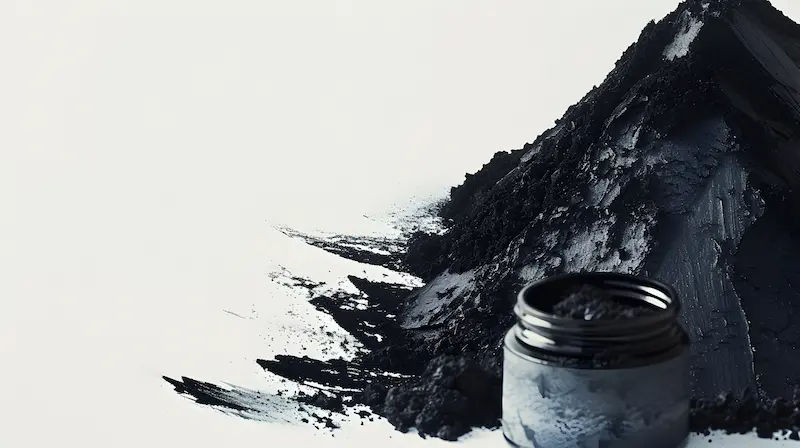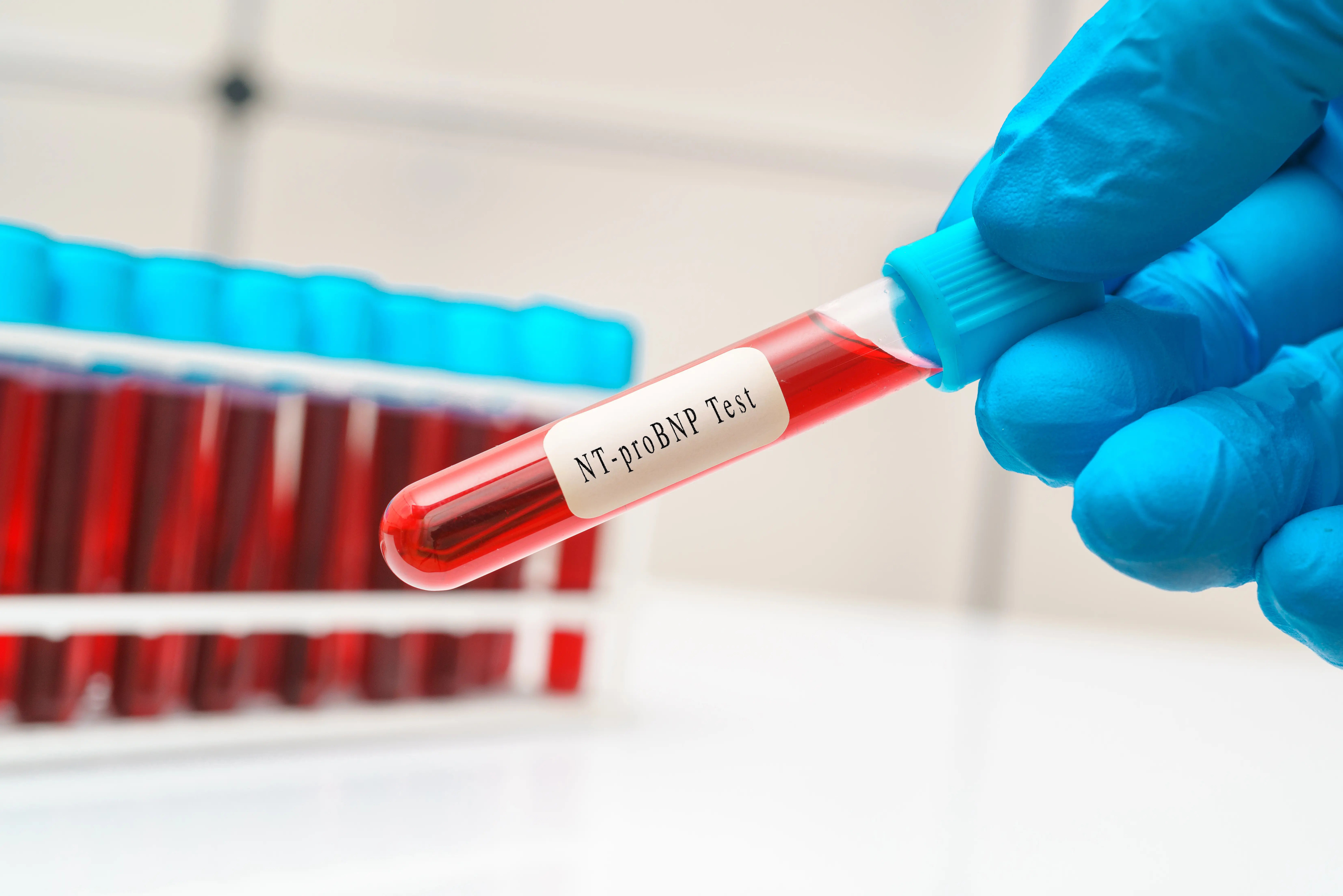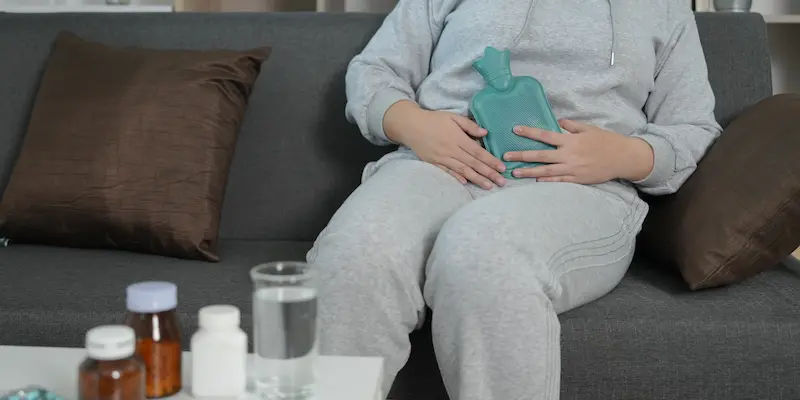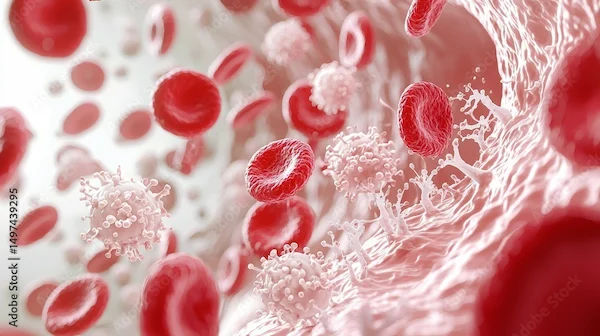Drug Addiction: Overview of Key Aspects
Understand the key aspects of drug addiction, including its signs and symptoms, causes, and effects on health. Explore how addiction develops and learn about available treatment options and recovery support.


Introduction
Drug addiction is a serious health condition that affects millions of people worldwide. It doesn’t discriminate; anyone, regardless of age, gender, or background, can struggle with it. If you or someone you care about is dealing with addiction, know that help is available, and recovery is possible. This guide will explain what drug addiction is, its symptoms, causes, and effects, along with practical steps for managing and overcoming it.
What Is Drug Addiction?
Drug addiction, also known as substance use disorder, is a chronic disease where a person cannot control their use of drugs despite harmful consequences. Addiction changes the brain, making it extremely difficult to quit without support. People may start using drugs voluntarily, but over time, the brain’s chemistry changes, leading to intense cravings and compulsive drug-seeking behaviour.
Consult a Psychiatrist for the best advice
Common Signs and Symptoms
Recognizing the signs of drug addiction early can help in seeking timely treatment. Some common symptoms include:
Physical Signs
- Changes in appetite or sleep patterns
- Sudden weight loss or gain
- Bloodshot eyes, slurred speech, or poor coordination
- Neglecting personal hygiene
Behavioural Signs
- Secretive or dishonest behaviour
- Loss of interest in hobbies or responsibilities
- Financial problems due to spending on drugs
- Withdrawal from family and friends
Psychological Signs
- Mood swings, irritability, or aggression
- Anxiety, paranoia, or depression
- Poor concentration and memory problems
If you notice these signs in yourself or a loved one, it may be time to seek professional help.
What Causes Drug Addiction?
Addiction doesn’t happen overnight; it develops due to a combination of factors, including:
- Genetic Predisposition: A family history of addiction increases risk.
- Environmental Factors: Peer pressure, stress, trauma, or easy access to drugs.
- Mental Health Conditions: Depression, anxiety, or PTSD can lead to self-medication with drugs.
- Early Drug Use: Starting drug use at a young age can affect brain development and increase addiction risk.
Understanding these causes can help in addressing the root of the problem rather than just the symptoms.
How Drug Addiction Affects Health
Drug addiction harms nearly every part of the body and mind:
- Brain: Alters judgment, decision-making, and memory.
- Heart: Increases risk of heart attacks, high blood pressure, and strokes.
- Liver & Kidneys: Can lead to organ failure due to toxicity.
- Lungs: Smoking drugs can cause respiratory diseases.
- Mental Health: Worsens anxiety, depression, and can trigger psychosis.
Long-term addiction can also lead to financial ruin, broken relationships, and legal troubles. However, recovery is possible with the right support.
Steps to Overcome Drug Addiction
Overcoming drug addiction is a challenging but achievable process that starts with a commitment to change.
1. Seek Professional Help
- Recovery often requires medical and psychological support. Doctors, therapists, and support groups can provide structured treatment plans.
2. Detoxification (Detox)
- The first step is safely removing drugs from the body under medical supervision to manage withdrawal symptoms.
3. Therapy & Counselling
- Cognitive Behavioural Therapy (CBT) and group therapy help address the root causes of addiction and develop coping strategies.
4. Medication-Assisted Treatment (MAT)
- For some addictions (like opioids), medications can reduce cravings and withdrawal symptoms.
5. Build a Support System
- Family, friends, and support groups (like Narcotics Anonymous) provide encouragement and accountability.
6. Healthy Lifestyle Changes
- Exercise: Reduces stress and improves mood.
- Balanced Diet: Helps repair the body.
- Mindfulness & Meditation: Manages cravings and anxiety.
How to Help a Loved One Struggling with Addiction
Supporting someone with addiction can be challenging, but your help can make a real difference.
- Educate Yourself: Understand addiction to offer better support.
- Communicate with Compassion: Avoid blame; express concern without judgment.
- Encourage Treatment: Help them find professional help.
- Set Boundaries: Protect your own well-being while supporting them.
When to Seek Medical Help
If you or someone you know is struggling with drug addiction, don’t wait; early intervention improves recovery chances.
Final Thoughts
Drug addiction is a tough battle, but recovery is possible with the right help and support. If you or a loved one is struggling, remember you are not alone. Taking the first step toward seeking help is the most important part of the journey to a healthier, drug-free life.
Consult a Psychiatrist for the best advice
Consult a Psychiatrist for the best advice

Dr. Debdatta Pati
Psychiatrist
18 Years • MBBS, DPM, MD (PSYCHIATRY)
Kolkata
MCR SUPER SPECIALITY POLY CLINIC & PATHOLOGY, Kolkata

Dr Rohit Ranjan
Psychiatrist
10 Years • MBBS, MD (Psychiatry)
Bengaluru
Apollo Medical Center, Marathahalli, Bengaluru
(25+ Patients)

Dr. Kommoju Venkata Eswar
Psychiatrist
8 Years • MBBS, MD Psychiatry
Avenue
Wellness Point, Avenue
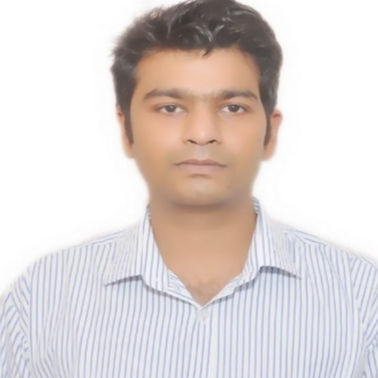
Dr. Vivek Pathak
Psychiatrist
15 Years • MBBS, MD (Psychiatry)
Noida
𝗗𝗿 𝗞𝗨𝗠𝗔𝗥'𝗦 𝗙𝗔𝗠𝗜𝗟𝗬 𝗖𝗟𝗜𝗡𝗜𝗖 𝗮𝗻𝗱 𝗩𝗔𝗖𝗖𝗜𝗡𝗔𝗧𝗜𝗢𝗡, Noida
(25+ Patients)
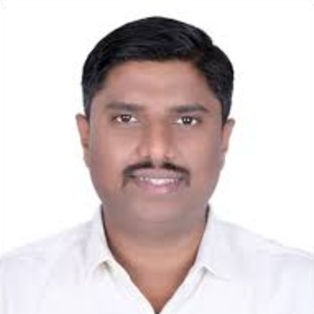
Dr Harish K S
Psychiatrist
6 Years • MBBS, MD Pychaitrist
Bengaluru
Apollo Clinic, JP nagar, Bengaluru
Consult a Psychiatrist for the best advice

Dr. Debdatta Pati
Psychiatrist
18 Years • MBBS, DPM, MD (PSYCHIATRY)
Kolkata
MCR SUPER SPECIALITY POLY CLINIC & PATHOLOGY, Kolkata

Dr Rohit Ranjan
Psychiatrist
10 Years • MBBS, MD (Psychiatry)
Bengaluru
Apollo Medical Center, Marathahalli, Bengaluru
(25+ Patients)

Dr. Kommoju Venkata Eswar
Psychiatrist
8 Years • MBBS, MD Psychiatry
Avenue
Wellness Point, Avenue

Dr. Vivek Pathak
Psychiatrist
15 Years • MBBS, MD (Psychiatry)
Noida
𝗗𝗿 𝗞𝗨𝗠𝗔𝗥'𝗦 𝗙𝗔𝗠𝗜𝗟𝗬 𝗖𝗟𝗜𝗡𝗜𝗖 𝗮𝗻𝗱 𝗩𝗔𝗖𝗖𝗜𝗡𝗔𝗧𝗜𝗢𝗡, Noida
(25+ Patients)

Dr Harish K S
Psychiatrist
6 Years • MBBS, MD Pychaitrist
Bengaluru
Apollo Clinic, JP nagar, Bengaluru
